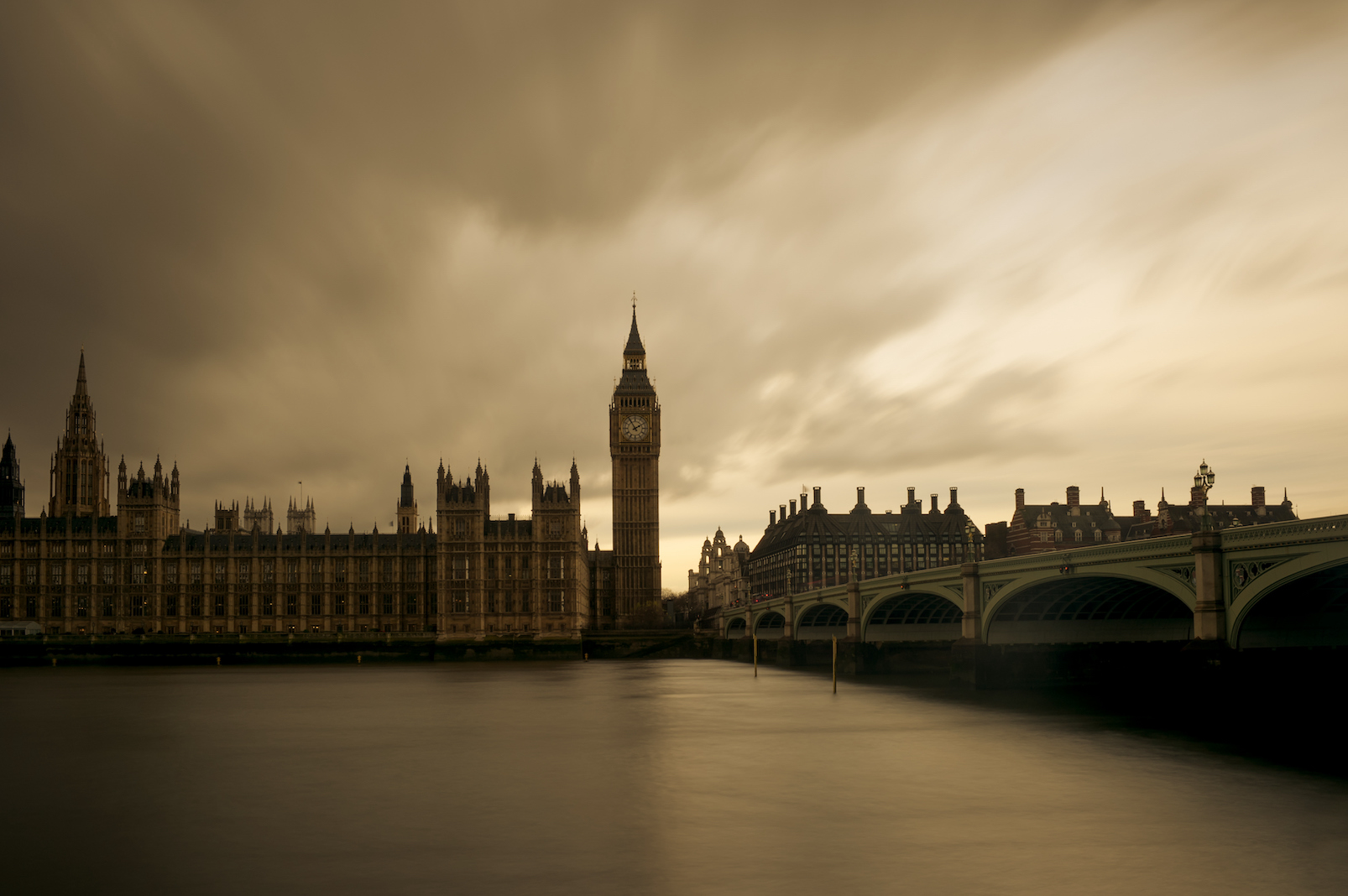The definition of madness is attempting the same thing over and over, but expecting a different result. Ever since Labour’s defeat at the hands of Margaret Thatcher in 1979, every opposition has followed a similar ritual of political self-immolation. Whether it’s Michael Foot and Neil Kinnock; William Hague and Iain Duncan Smith; or Ed Miliband and Jeremy Corbyn; it’s almost as if the two major parties actively enjoy self-sabotage once out of power. Depressingly, I expect the Conservatives will repeat the same old mistakes post-2024.
Much like the process of grief, every opposition of the past 40 years has gone through the following stages. First, denial. “The country has made a mistake”. “They’re just a bit bored of us”. “Once they’ve seen this lot mess up, we’ll be back in no time”. In other words, “we don’t need to change”. Not once since the late-70s has this proven to be true. Instead, Labour spent 18 years in the wilderness between 1979 and 1997, and now 13 years and counting since 2010. The Conservatives endured 13 years in opposition after 1997. The empirical evidence shows that voters will not re- elect a party until it has accepted the reasons it lost: however long that takes.
Second, anger. “The public is wrong”. “They don’t know what they’re voting for”. “They’re falling for government spin”. Often, this is accompanied by a baseless intuition that the party’s prospects would improve if only it was more right/left-wing. Curiously, this tends to happens several years into opposition, not at the immediate start. Michael Foot assumed the Labour leadership in 1980 after 18 months of Jim Callaghan as Leader of the Opposition. The Tories elected Iain Duncan Smith having already spent four years out of power. Jeremy Corbyn won the Labour leadership in 2015, after activists decided Ed Miliband’s leftwards drift wasn’t leftwards enough. Needless to say, this strategy has only ever ended in electoral disaster.
Third, bargaining. “Maybe we do need to make some changes”. “If only our communications were better”. “Perhaps we should modernise our presentation”. For this stage, see Peter Mandelson deciding Neil Kinnock’s prospects would improve if he wore darker suits and changed the party’s logo to a rose. Or Michael Howard appointing 33 year-old George Osborne as Shadow Chancellor. There’s an acceptance that something needs to change, but the party still hasn’t fully come to terms with reality. Instead, it prefers short-term and superficial changes to its branding and personnel as opposed to more fundamental changes to its policy platform and electoral offer.


Fourth, depression. “We’re never going to win again”. “There’s nothing left to try”. “Maybe politics has left us behind”. Often, this stage comes just before things begin to noticeably improve. Many Labour activists felt this way on election night in 1992, questioning whether they’d be in opposition for eternity. Some Conservatives experienced this when Gordon Brown entered Downing Street in 2007 and looked likely to call a snap election and win. Doubtless Keir Starmer will have wondered if anything could dent the popularity of Boris Johnson when the Tories won the Hartlepool by- election in 2021.
Finally, acceptance. “The public was right to reject us”. “We need fundamental change”. “It’s not just about presentation”. This is where Labour was when it elected Tony Blair in 1994 and scrapped Clause V. It what was motivated Tory members to choose David Cameron over David Davis. And it’s what’s behind Keir Starmer’s decision to expel Jeremy Corbyn from the Parliamentary Labour Party; refusal to scrap the two-child benefit limit; and acceptance of the Brexit result. There comes a point when, often after more than a decade out of power, a universal truth finally dawns on the party in opposition: “maybe we were the problem all along”.
Which brings us onto a post-Sunak Conservative opposition. The talk at Manchester this week has been of who might take over the leadership in 2024. The leading contenders are all candidates of the right: from Badenoch to Braverman. There’s even gossip about Nigel Farage re-joining the party he left in 1992.
It isn’t hard to see how, very quickly, the same ritual of political self-immolation will begin for the Tories, foreshadowing a decade-plus of opposition. Of course, there’ll be many who claim we’re now in a different political era. That appealing to the centre-ground is an anachronism. That, in the populist age, electoral opportunity is found by moving further to the right. Let me tell you – those aren’t new realities. That’s stage one: denial.
Politics.co.uk is the UK’s leading digital-only political website, providing comprehensive coverage of UK politics. Subscribe to our daily newsletter here.












